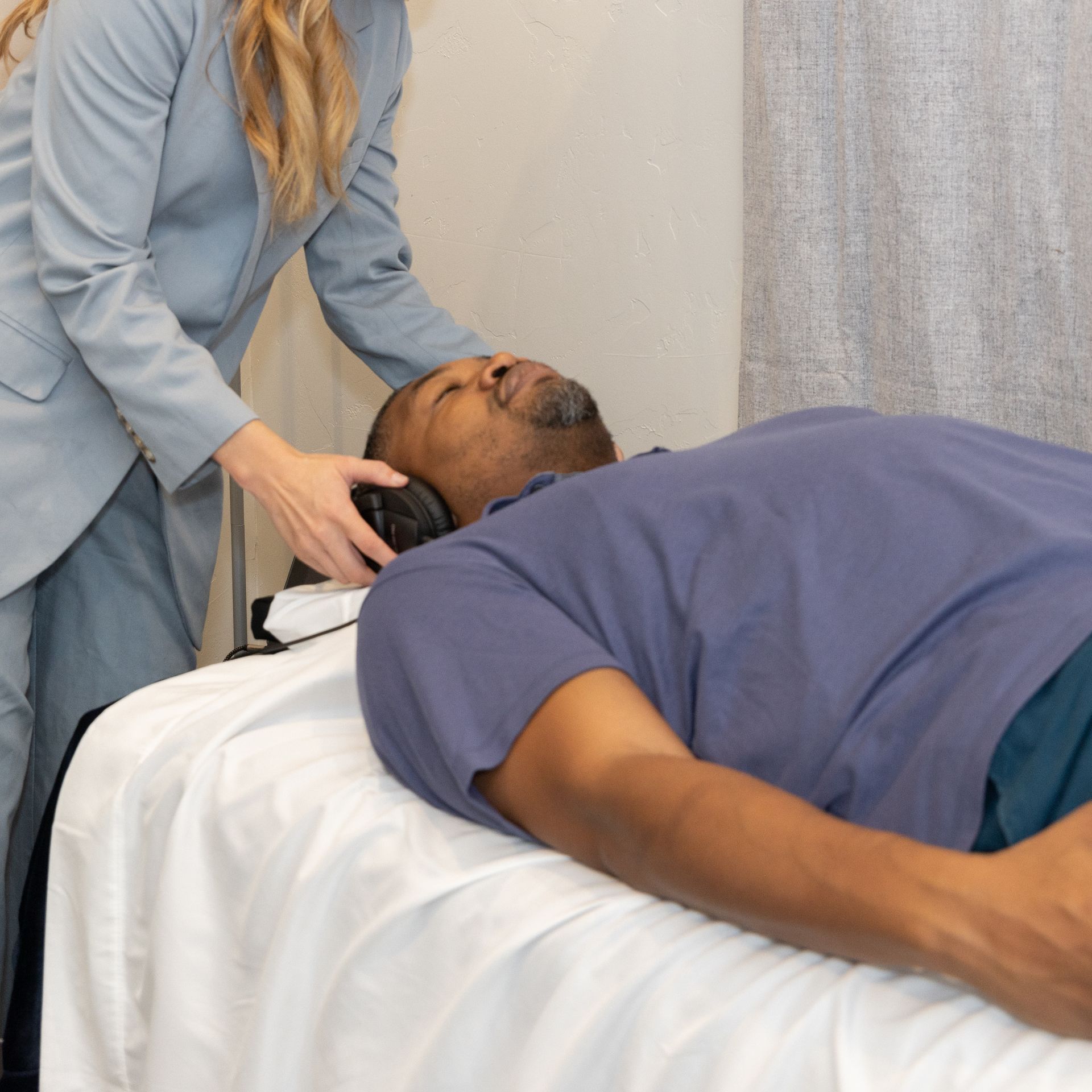A Journey to Stronger Connections
Relationships are like a dance between two people, flowing in harmony one moment, and struggling to stay in sync the next. Many of us think about communication, shared experiences, and emotional bonds. But there’s an unseen partner in this dance: the nervous system. It’s often overlooked, yet it plays a huge role in how we connect with our significant other. Learning about the nervous system can regulate emotions and enhance intimacy in couples therapy.
Have you ever noticed how couples sometimes mirror each other’s movements or react in sync? That’s the power of their nervous systems. When emotionally connected, our bodies tend to align in response to each other’s moods and signals. But what happens when stress enters the picture? Knowing how this synchronization works—and when it fails—can give you great insights into your relationship dynamics.
Let’s dive into how the nervous system influences relationships, why it matters in therapy, and what you can do to use it to your advantage.
How the Nervous System Shapes Your Relationship
Your nervous system is more than just a network of nerves. It's the system inside you that links your brain, spinal cord, and body. It affects how you handle stress and how close you feel to others.
The nervous system is divided into two main branches:
- Sympathetic Nervous System (SNS): Think of this as your body’s “fight or flight” response—ready to kick in when there’s danger or stress.
- Parasympathetic Nervous System (PNS): This is your “rest and digest” mode, helping you relax and recover after stress.
When you're calm, your nervous system helps you communicate well. It also helps you understand emotions and build trust. But when stressors pile up, it can become harder to stay connected.
Polyvagal Theory and Its Role in Relationships
Dr. Stephen Porges’ Polyvagal Theory gives us a deeper look into how our nervous system impacts our ability to engage with others. It’s all about the vagus nerve, which plays a central role in regulating your heart rate, breathing, and how you interact socially.
When the nervous system is balanced, partners can feel more attuned to each other’s needs, creating an environment of safety and intimacy. However, when one or both partners are stressed, it can become much harder to connect on that deeper level. Communication falters, misunderstandings arise, and trust begins to erode.
Signs Your Nervous System Is Overloaded
When stress overwhelms your nervous system, it shows up in your body and behavior. Common signs include:
- Physical Symptoms: You might feel your heart racing, have trouble breathing, tense up, or face digestive problems.
- Emotional Reactions: Feelings of anxiety, irritability, or anger can signal that stress is taking over.
- Behavioral Shifts: You may notice yourself withdrawing, avoiding difficult conversations, or becoming defensive.
- Hypervigilance: Always feeling alert and looking out for threats or misunderstandings that aren’t real.
If these signs go unnoticed, they can lead to chronic disconnection and emotional strain between partners.
Chronic Stress and Relationship Strain
Peter Levine, a trauma expert, reminds us that prolonged stress can create emotional distance. Unresolved trauma or long-term stress can keep couples stuck. They may face cycles of conflict, emotional withdrawal, or emotional numbness. Over time, this makes it difficult to rebuild the intimacy and trust that relationships need to thrive.
When stress is left unchecked, it can distort how partners see each other. A minor disagreement can feel like a full-on attack, triggering defensive reactions that only push you further apart.
Techniques for Regulating Your Nervous System Together
Co-Regulation: Supporting Each Other’s Emotional Balance
The beauty of a strong partnership is that you don’t have to regulate your nervous system alone.
Co-regulation is when partners support each other’s emotional well-being. You can strengthen your bond through practices like:
- Nonverbal Communication: Simple touches, eye contact, and a soft tone can show safety and care without using words.
- Empathetic Listening: Try to listen to your partner without judgment or interruption. Validating each other’s emotions goes a long way in building trust (Gottman & Silver, 1999).
- Creating Rituals: Small, everyday rituals—like sharing a meal or taking a walk—can create a sense of safety and connection.
- Creating a Shared Language: Use phrases like “I’m feeling overwhelmed” or “I need a break.” This way, you can share your emotions and avoid conflict.
Couples can help each other manage their nervous systems. This support builds a caring and safe space. In this environment, both partners feel valued and heard.
Reconnect and Heal with Your Nervous System in Mind






























